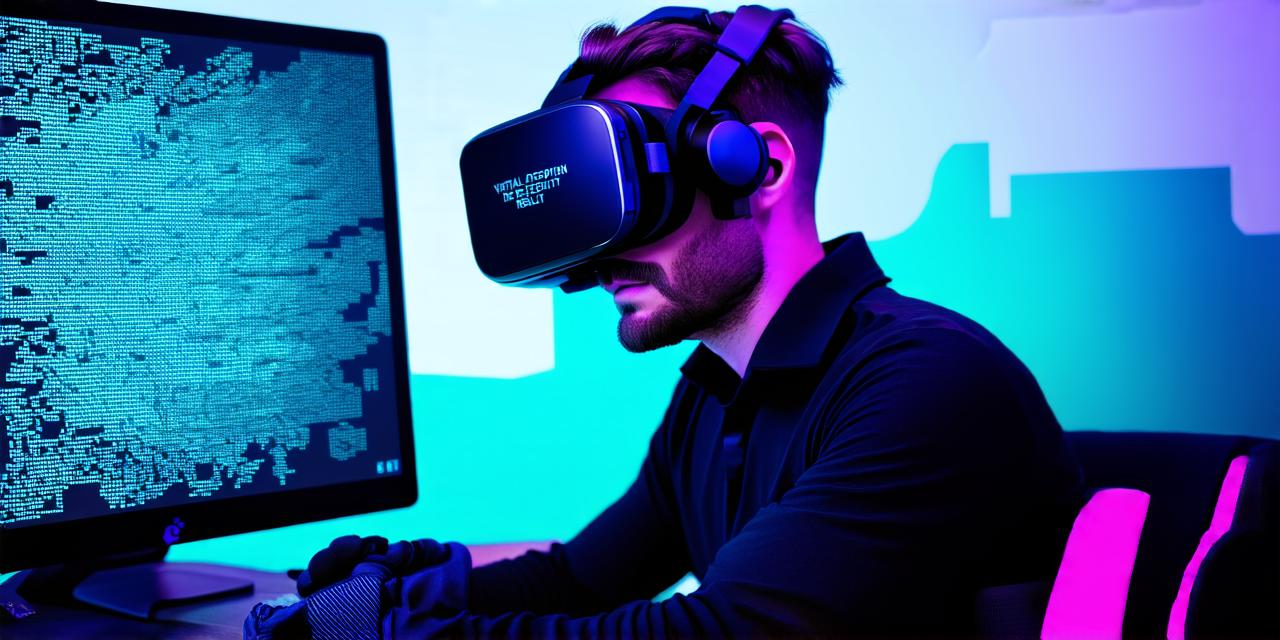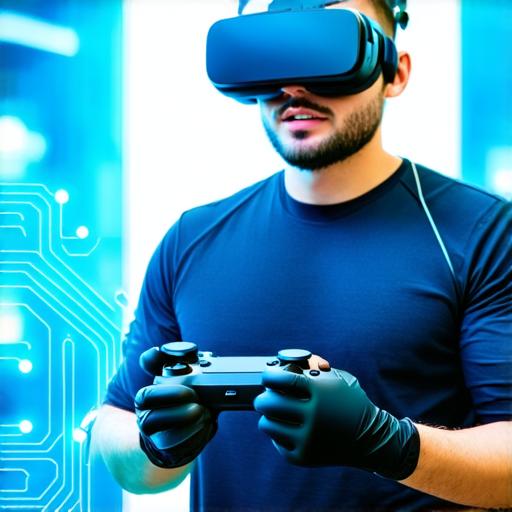
How does virtual reality deceive your mind?
Virtual reality (VR) technology has been rapidly advancing over the past few years and it’s becoming more immersive than ever before.
With VR, users can enter a virtual world where they can interact with objects and other people in a way that’s impossible in the real world. However, this technology also deceived our minds in some ways.
One of the biggest ways that VR deceives our minds is through its ability to trick us into thinking that what we’re experiencing is real. This is because VR creates an incredibly immersive experience, with 3D graphics and sound effects that make us feel like we’re actually in the virtual world.
In fact, studies have shown that our brains can become so immersed in a VR experience that they forget that they’re not actually in the real world.

Another way that VR deceives our minds is through its ability to manipulate our senses. With VR, we can see and hear things that aren’t really there, which can lead us to believe that these objects and sounds are real. This can be especially disorienting when we’re in a virtual world where the laws of physics don’t apply the same way they do in the real world.
Despite its deceptive nature, VR technology also has many benefits for our minds. For example, it can help us to better understand complex concepts by allowing us to visualize them in a way that’s not possible in the real world. It can also be used as a tool for therapy and rehabilitation, helping people to overcome fears and phobias in a safe and controlled environment.
In conclusion, virtual reality technology deceives our minds in many ways, but it can also have many benefits for our mental health. As this technology continues to advance, it’s important to remain aware of its potential pitfalls and to use it responsibly.


